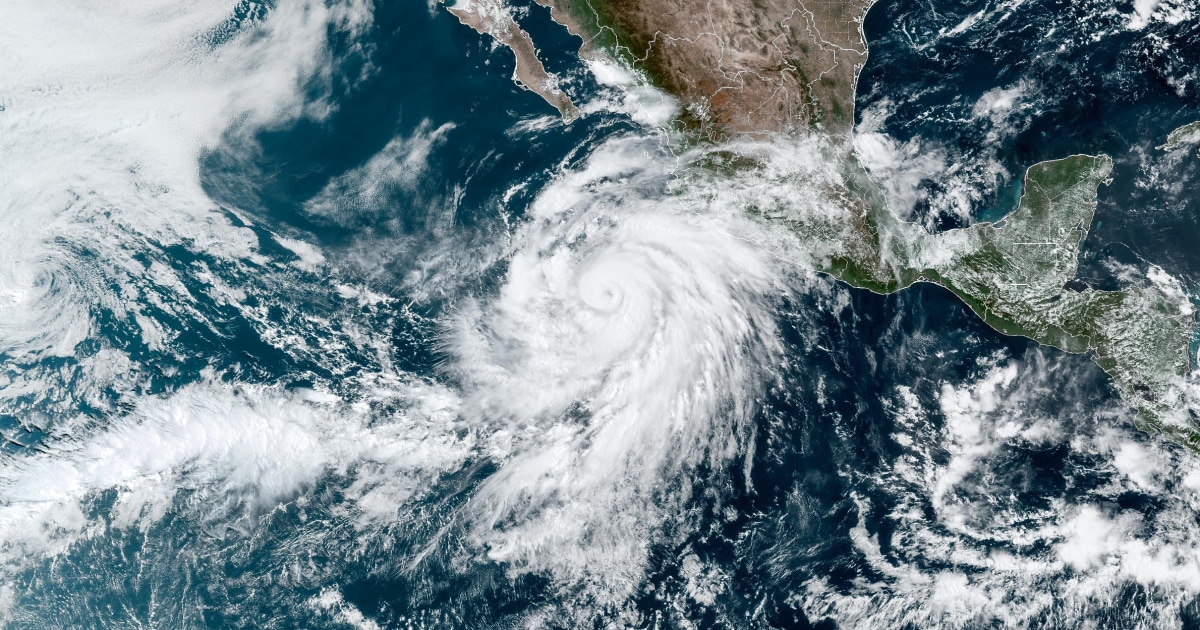If there is still a need for confirmation of the ongoing climate change and its effects, two new studies arrive to prove it.
The first, from the University of Massachussets and published in the journal of the American Academy of Sciences (PNAS), indicates that the last decade has been the warmest for the North Atlantic Ocean in the last 2,900 years.
The second, a report by the United Nations Office for Disaster Risk Reduction (UNSDIR), shows that climate change is the main culprit in doubling the world's natural disasters in twenty years.
"The global warming of the last 150 years is substantially changing the planet. The latter is the hottest period ever recorded, in such a long time span of 3,000 years", observes the physicist Massimiliano Pasqui, of the National Council of researches (Cnr), commenting on the study on the North Atlantic.
Melting glaciers threaten the Earth
By analyzing the sediments of the Canadian lake South Sawtooth Lake, the American researchers have reconstructed the variations in sea surface temperature with a depth never reached before.
The index used is called Amv (Atlantic Multidecadal Variability) and "takes into account how sea surface temperatures vary as a whole, determining some climatic phenomena over several years", continues Pasqui.
The variability of the North Atlantic is very slow and lasts several years, with fluctuations that can range from 10 to 40 years, resulting in periods of drought or rainfall, and with repercussions on North America, Europe and all of Russia.
The researchers confirmed not only "that these fluctuations in Atlantic temperatures have lasted for at least 3,000 years, and therefore are a fundamental feature of the planet - continues Pasqui - but also that the last decade has been the hottest ever recorded in such a time span. broad ".
Data that also indicate what future climate change will look like, "with an increase in summer heat and winter drought".
The effects are already clearly visible, as the Unsdir report highlights: since 2000, 7,348 natural disasters have been recorded (with an estimated cost of almost 3 trillion dollars) that have killed more than 1.2 million people.
"Covid-19 has made governments and public opinion aware of the risks that surround us. And the climate emergency can be even worse," said UNSDIR Secretary General Mami Mizutori.
The progression of natural disasters is mainly linked to the increase in climate disasters, which went from 3,656 (1980-1999) to 6,681 (2000-2019).
The costs of natural disasters have been estimated at at least nearly $ 3 billion since 2000 but the real amount is higher because a large number of countries, especially in Africa and Asia, do not provide information on the economic impact.
For the next decade, the UN believes the worst problem will be heat waves.






